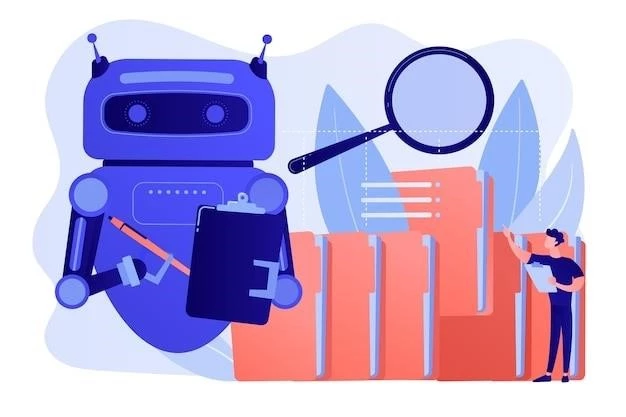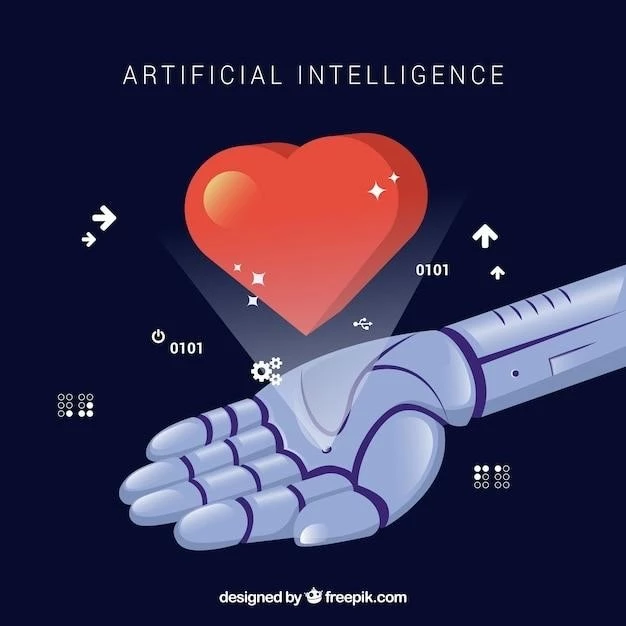Artificial intelligence (AI) is rapidly transforming our world, bringing with it a host of ethical and moral dilemmas. As AI systems become increasingly sophisticated, capable of making decisions and taking actions that were once the sole province of humans, we are confronted with a new set of challenges that require careful consideration.
Bias and Discrimination
One of the most pressing moral implications of AI is the potential for bias and discrimination. AI systems are trained on vast datasets, and if these datasets contain biases, the AI systems will inherit those biases. For example, an AI system used for loan approvals might be trained on data that reflects historical lending practices, which have often been discriminatory against certain groups. This could lead to the AI system perpetuating these discriminatory practices, even if it is not explicitly programmed to do so.
Privacy and Surveillance
AI is also raising concerns about privacy and surveillance. AI-powered facial recognition systems, for example, are increasingly used by governments and businesses to identify individuals in public spaces. This technology raises serious concerns about the potential for mass surveillance and the erosion of privacy. Governments and corporations are gathering vast amounts of data about individuals, and AI algorithms are being used to analyze this data to predict behavior, target advertising, and even influence political campaigns.
Job Displacement
AI is also likely to have a significant impact on employment; As AI systems become more sophisticated, they are capable of automating tasks that were previously performed by humans. This could lead to job displacement, particularly in industries that rely heavily on manual labor or repetitive tasks. While some argue that AI will create new jobs, there is concern that the pace of technological change will outstrip the ability of workers to adapt to new roles.

Autonomous Weapons
Perhaps the most troubling moral implication of AI is the development of autonomous weapons systems. These are weapons that can select and engage targets without human intervention. The use of such weapons raises serious ethical questions about the role of humans in warfare, the potential for unintended consequences, and the possibility of machines making life-or-death decisions.

Accountability
Another crucial issue is accountability. When an AI system makes a decision that has a negative impact, who is responsible? The developers, the users, or the AI itself? Establishing accountability is essential to ensure that AI systems are used ethically and that there are mechanisms for addressing harm caused by AI.
Transparency and Explainability
The complexity of AI algorithms can make it difficult to understand how they reach their conclusions. This lack of transparency can make it difficult to identify and address biases, and it can also make it difficult to hold AI developers accountable for the decisions made by their systems. The need for transparency and explainability is critical for ensuring that AI systems are used in a responsible and ethical manner.
Conclusion
The moral implications of AI are complex and multifaceted. As AI systems become increasingly sophisticated, we must carefully consider the ethical implications of their use. This requires open dialogue, collaboration, and a commitment to developing AI systems that are aligned with human values and principles. We must strive to create AI that benefits all of humanity, rather than exacerbating existing inequalities and injustices.










